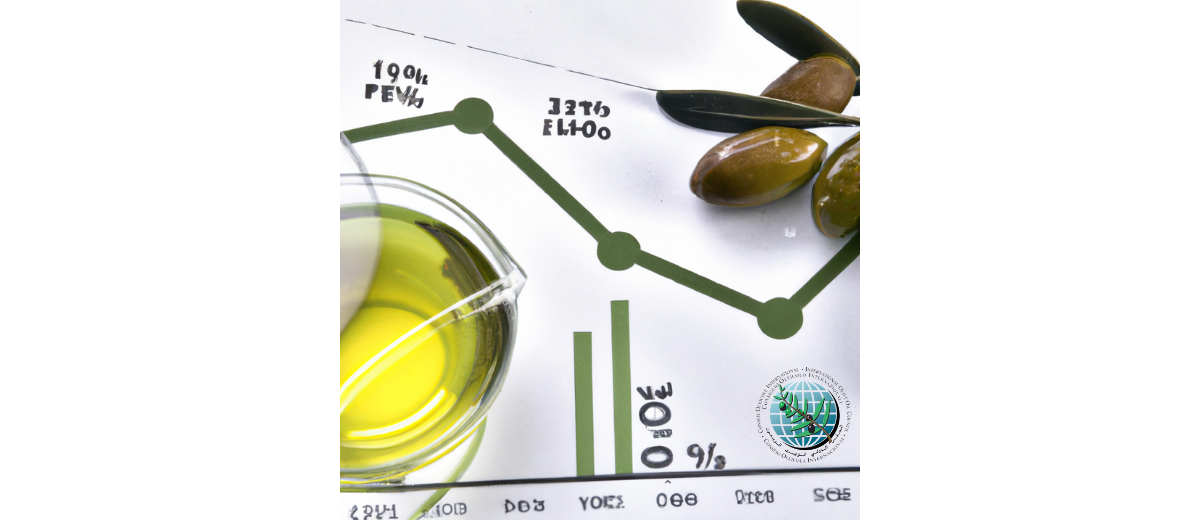The International Olive Council’s (IOC) Statistics Monitoring Working Group held its 14th meeting on 6 and 7 November by videoconference. This year’s meeting provided an opportunity for the experts appointed by the IOC member countries to review the progress and conclusions of the studies on consumer behaviour that the intergovernmental organisation has been conducting since 2020. After Greece, Italy and Spain, the study covered Argentina, Egypt, Jordan and Tunisia in 2021; the United States, Türkiye and Australia in 2022; and Azerbaijan, Kazakhstan, Kyrgyzstan, Uzbekistan and Turkmenistan in 2023.

The aim of these studies is to analyse consumer behaviour with regard to edible oils and fats in general, and olive oil in particular, with a view to determining the following aspects:
- Olive oil consumption in households (consumer households, non-consumer households, households consuming olive oil exclusively, households consuming both olive and sunflower oil, etc.).
- Reasons why olive oil is not consumed
- Oils and fats used for different purposes (frying, seasoning, sauces, baking, frying, etc.).
- Reasons for buying and/or consuming oils and fats for each use
- The image or perception of olive oils in relation to certain characteristics or advantages sought at the time of purchase or consumption (price, quality, health, environment, taste, etc.).
- Sales outlets and purchasing methods, use of information and communication technologies
- Trademarks purchased
- Knowledge of the different types of olive oil available on the market
- Sources of information about food in general, and olive oils in particular
- Price sensitivity, the amount the consumer is willing to pay
- Identification of market segments based on socio-demographic and psychometric variables
The information gathered is essential for developing public and private strategies to increase olive oil consumption. It is particularly useful for designing promotional campaigns with the same aim, and for providing consumers with more information about olive oils. The results provide a better understanding of changes in olive oil consumption patterns in the participating countries.
Although the study is mainly entrusted to external agencies, the Executive Secretariat (ES) retains control at all times over the content, methods and timetable for implementation and impact assessment.
The first day of the Working Group’s meeting was also devoted to presenting the observatories that exist or are due to be set up in the various countries to monitor statistics in the olive sector.
On 7 November, the experts analysed the development of the world olive oil and table olive market, and in particular the results of the last three crop years for olive oil, olive-pomace oil and table olives. The ES presented the information published this year on the IOC website as well as the new projects. Participants were also invited to present the methodology used to process the data and the current situation of olive growing in their respective countries, including the evolution of production by product category, the evolution of the olive-growing area, the national olive-growing development plan, the problems facing the sector, the causes of the increase or decrease in production/consumption and the impact of prices on the olive-growing sector.










